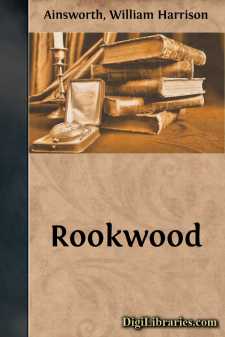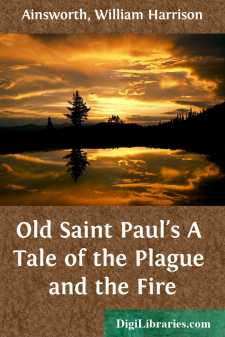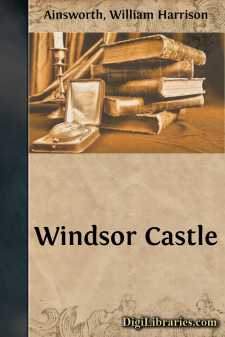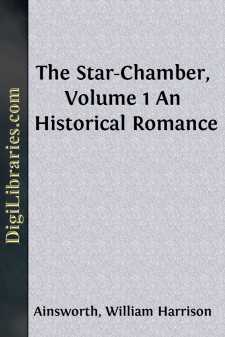Categories
- Antiques & Collectibles 13
- Architecture 36
- Art 48
- Bibles 22
- Biography & Autobiography 813
- Body, Mind & Spirit 142
- Business & Economics 28
- Children's Books 14
- Children's Fiction 11
- Computers 4
- Cooking 94
- Crafts & Hobbies 4
- Drama 346
- Education 46
- Family & Relationships 57
- Fiction 11829
- Games 19
- Gardening 17
- Health & Fitness 34
- History 1377
- House & Home 1
- Humor 147
- Juvenile Fiction 1873
- Juvenile Nonfiction 202
- Language Arts & Disciplines 88
- Law 16
- Literary Collections 686
- Literary Criticism 179
- Mathematics 13
- Medical 41
- Music 40
- Nature 179
- Non-Classifiable 1768
- Performing Arts 7
- Periodicals 1453
- Philosophy 64
- Photography 2
- Poetry 896
- Political Science 203
- Psychology 42
- Reference 154
- Religion 513
- Science 126
- Self-Help 84
- Social Science 81
- Sports & Recreation 34
- Study Aids 3
- Technology & Engineering 59
- Transportation 23
- Travel 463
- True Crime 29
Rookwood
Categories:
Description:
Excerpt
MEMOIR
William Harrison Ainsworth was born in King Street, Manchester, February 4, 1805, in a house that has long since been demolished. His father was a solicitor in good practice, and the son had all the advantages that educational facilities could afford. He was sent to the Manchester grammar-school, and in one of his early novels has left an interesting and accurate picture of its then condition, which may be contrasted with that of an earlier period left by the "English opium-eater." At sixteen, a brilliant, handsome youth, with more taste for romance and the drama than for the dry details of the law, he was articled to a leading solicitor of Manchester. The closest friend of his youth was a Mr. James Crossley, who was some years older, but shared his intellectual taste and literary enthusiasm. A drama written for private theatricals, in his father's house was printed in Arliss's Magazine, and he also contributed to the Manchester Iris, the Edinburgh Magazine, and the London Magazine. He even started a periodical, which received the name of The Bœotian, and died at the sixth number. Many of the fugitive pieces of these early days were collected in volumes now exceedingly rare: "December Tales" (London, 1823), which is not wholly from his pen; the "Works of Cheviot Tichburn" (London, 1822; Manchester, 1825), dedicated to Charles Lamb; and "A Summer Evening Tale" (London, 1825).
"Sir John Chiverton" appeared in 1826, and for forty years was regarded as one of his early works; but Mr. John Partington Aston has also claimed to be its author. In all probability, both of these young men joined in the production of the novel which attracted the attention of Sir Walter Scott. On the death of his father, in 1824, Ainsworth went to London to finish his legal education, but whatever intentions he may have formed of humdrum study and determined attention to the details of a profession in which he had no interest, were dissipated by contact with the literary world of the metropolis. He made the acquaintance of Mr. John Ebers, who at that time combined the duties of manager of the Opera House with the business of a publisher. He it was who issued "Sir John Chiverton," and the verses forming its dedication are understood to have been addressed to Anne Frances ("Fanny") Ebers, whom Ainsworth married October 11, 1826. Ainsworth had then to decide upon a career, and, acting upon the suggestion of Ebers, his father-in-law, he began business as a publisher; but after an experience of about eighteen months he abandoned it. In this brief interval he introduced the Hon. Mrs. Norton, and Ude, the cook, to the discerning though unequal admiration of the British public. He was introduced to Sir Walter Scott, who wrote the "Bonnets of Bonnie Dundee" for an annual issued by him. Ainsworth gave him twenty guineas for it, which Sir Walter accepted, but laughingly handed over to the little daughter of Lockhart, in whose London house they had met. Ainsworth's literary aspirations still burned with undiminished ardor, and several plans were formed only to be abandoned, and when, in the summer of 1830, he visited Switzerland and Italy, he was as far as ever from the fulfilment of his desires....







